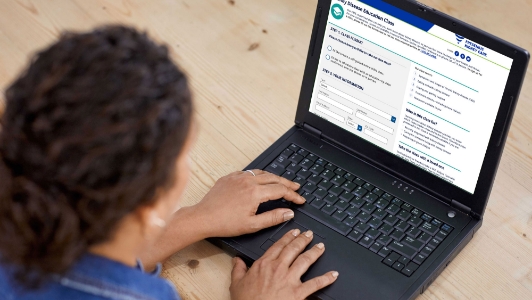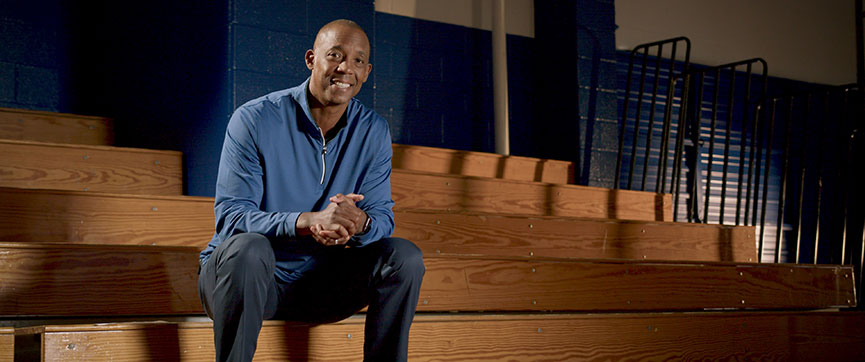Understanding Chronic Kidney Disease
Understanding Chronic Kidney DiseaseChronic Kidney Disease Symptoms
Reviewed by Medical Contributor Dinesh K. Chatoth, MD, FASN on February 29, 2024.
Detecting chronic kidney disease (CKD) can be tricky because the signs and symptoms often occur late, after the condition has progressed and kidney damage has occurred. In fact, CKD is sometimes known as a “silent” condition because it’s hard to detect—and most people with early stage CKD don’t even know they have it.
You should also be aware of the common warning signs of chronic kidney disease. Talk to your doctor immediately if you notice any of these potential CKD signs or symptoms:
First signs of chronic kidney disease
The earlier CKD is detected, the sooner you can start treatment. If you are at risk for CKD, especially if you have high blood pressure or diabetes, it’s recommended to get screened at least once a year. Your doctor can give you a blood test to help determine your level of kidney function.You should also be aware of the common warning signs of chronic kidney disease. Talk to your doctor immediately if you notice any of these potential CKD signs or symptoms:
|

Free kidney health class
Learn about the signs and symptoms of kidney disease and what you can expect. Take our free online class for educational tips and resources.
Start learningUse our GFR calculator
Estimate your GFR to determine your current CKD stage. You'll need results from a simple GFR blood test to get started.

“Don’t wait to get tested—it can save your life.”
Take the next step to early kidney disease detection.
Watch Sean’s storyAre symptoms of kidney disease different in men and women?
Although they both may experience the same symptoms, CKD may progress differently in men and women. Urinary tract infections (UTIs) and kidney infections are more common in women, which may cause kidney disease to develop. Both men and women can lower their risk of kidney disease by maintaining a healthy weight, controlling blood sugar, and living a healthy lifestyle.
Check in on diabetes and high blood pressure
Diabetes and high blood pressure (hypertension) are the top two causes of chronic kidney disease. If you have a health diagnosis such as high blood pressure or diabetes, it’s important that you take control of your health and begin monitoring these conditions more closely. Many times when these other conditions progress or are not treated properly, your kidneys have to work harder and risk more damage over time. Regular check-ups that include blood and urine tests are critical to monitoring your kidney health. Take the time to learn from your doctor about how to best care for your health, manage your medications, and eat well.
How do CKD symptoms progress?
Symptoms of CKD develop slowly over time. Many people in the earlier stages (stages 1 and 2) of kidney disease do not experience symptoms at all and may require testing to receive a diagnosis. You’re more likely to experience symptoms in the later stages or end stage of kidney disease (stages 3, 4, and 5).

Know the risks and symptoms of CKD
Understanding the risks and symptoms to be aware of for kidney disease can help you know when to take action and talk to your doctor about CKD.
Recognize a symptom? Talk to your doctor
The sooner you report signs or symptoms to your doctor, the sooner you can get a diagnosis and start taking steps to slow the progression of kidney disease. Your doctor can determine your level of kidney function through a simple blood test used to calculate your estimated glomerular filtration rate (eGFR). Knowing your eGFR is key to understanding your stage of kidney disease and how best to manage your kidney health.
When to see a kidney doctor
Your primary care doctor can help you determine when it’s time to see a kidney doctor (nephrologist), who specializes in treating kidney disease. A nephrologist can help you develop a personalized care plan, talk to you about managing kidney disease, and support you in living your best life.
Understanding acute kidney injury
If symptoms appear suddenly orall at once, it may be a sign ofacute kidney injury (AKI), alsoknown as acute kidney failure.
Learn more about AKI